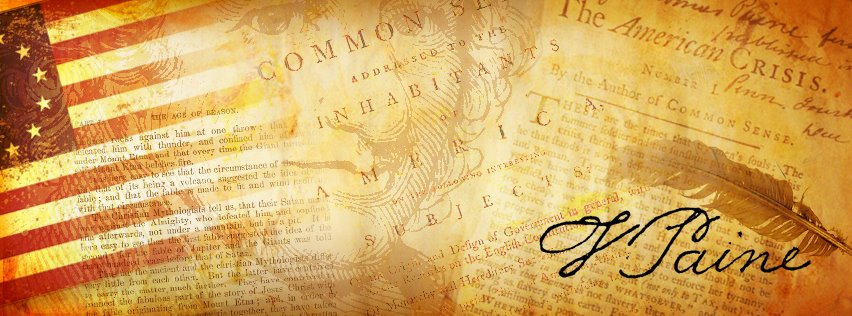July 1, 1791
Brethren and Fellow Citizens:
The serene tranquillity, the mutual confidence which prevailed amongst us, during the time of the late King’s escape, the indifference with which we beheld him return, are unequivocal proofs that the absence of a King is more desirable than his presence, and that he is not only a political superfluity, but a grievous burden, pressing hard on the whole nation.
Let us not be imposed on by sophisms; all that concerns this is reduced to four points.
He has abdicated the throne in having fled from his post. Abdication and desertion are not characterized by the length of absence; but by the single act of flight. In the present instance, the act is everything, and the time nothing.
The nation can never give back its confidence to a man who, false to his trust, perjured to his oath, conspires a clandestine flight, obtains a fraudulent passport, conceals a King of France under the disguise of a valet, directs his course towards a frontier covered with traitors and deserters, and evidently meditates a return into our country, with a force capable of imposing his own despotic laws.
Should his flight be considered as his own act, or the act of those who fled with him? Was it a spontaneous resolution of his own, or was it inspired by others? The alternative is immaterial; whether fool or hypocrite, idiot or traitor, he has proved himself equally unworthy of the important functions that had been delegated to him.
In every sense in which the question can be considered, the reciprocal obligation which subsisted between us is dissolved. He holds no longer any authority. We owe him no longer obedience. We see in him no more than an indifferent person; we can regard him only as Louis Capet.
The history of France presents little else than a long series of public calamity, which takes its source from the vices of Kings; we have been the wretched victims that have never ceased to suffer either for them or by them. The catalogue of their oppressions was complete, but to complete the sum of their crimes, treason was yet wanting. Now the only vacancy is filled up, the dreadful list is full; the system is exhausted; there are no remaining errors for them to commit; their reign is consequently at an end.
What kind of office must that be in a government which requires for its execution neither experience nor ability, that may be abandoned to the desperate chance of birth, that may be filled by an idiot, a madman, a tyrant, with equal effect as by the good, the virtuous, and the wise? An office of this nature is a mere nonentity; it is a place of show, not of use. Let France then, arrived at the age of reason, no longer be deluded by the sound of words, and let her deliberately examine, if a King, however insignificant and contemptible in himself, may not at the same time be extremely dangerous.
The thirty millions which it costs to support a King in the eclat of stupid brutal luxury, presents us with an easy method of reducing taxes, which reduction would at once relieve the people, and stop the progress of political corruption. The grandeur of nations consists, not, as Kings pretend, in the splendour of thrones, but in a conspicuous sense of their own dignity, and in a just disdain of those barbarous follies and crimes which, under the sanction of Royalty, have hitherto desolated Europe.
As to the personal safety of Louis Capet, it is so much the more confirmed, as France will not stoop to degrade herself by a spirit of revenge against a wretch who has dishonoured himself. In defending a just and glorious cause, it is not possible to degrade it, and the universal tranquillity which prevails is an undeniable proof that a free people know how to respect themselves.
Source: The Writings of Thomas Paine
